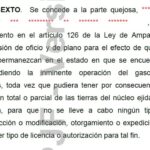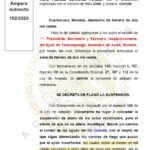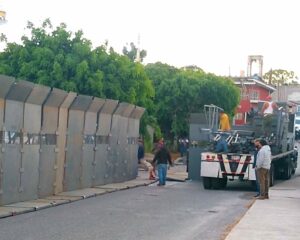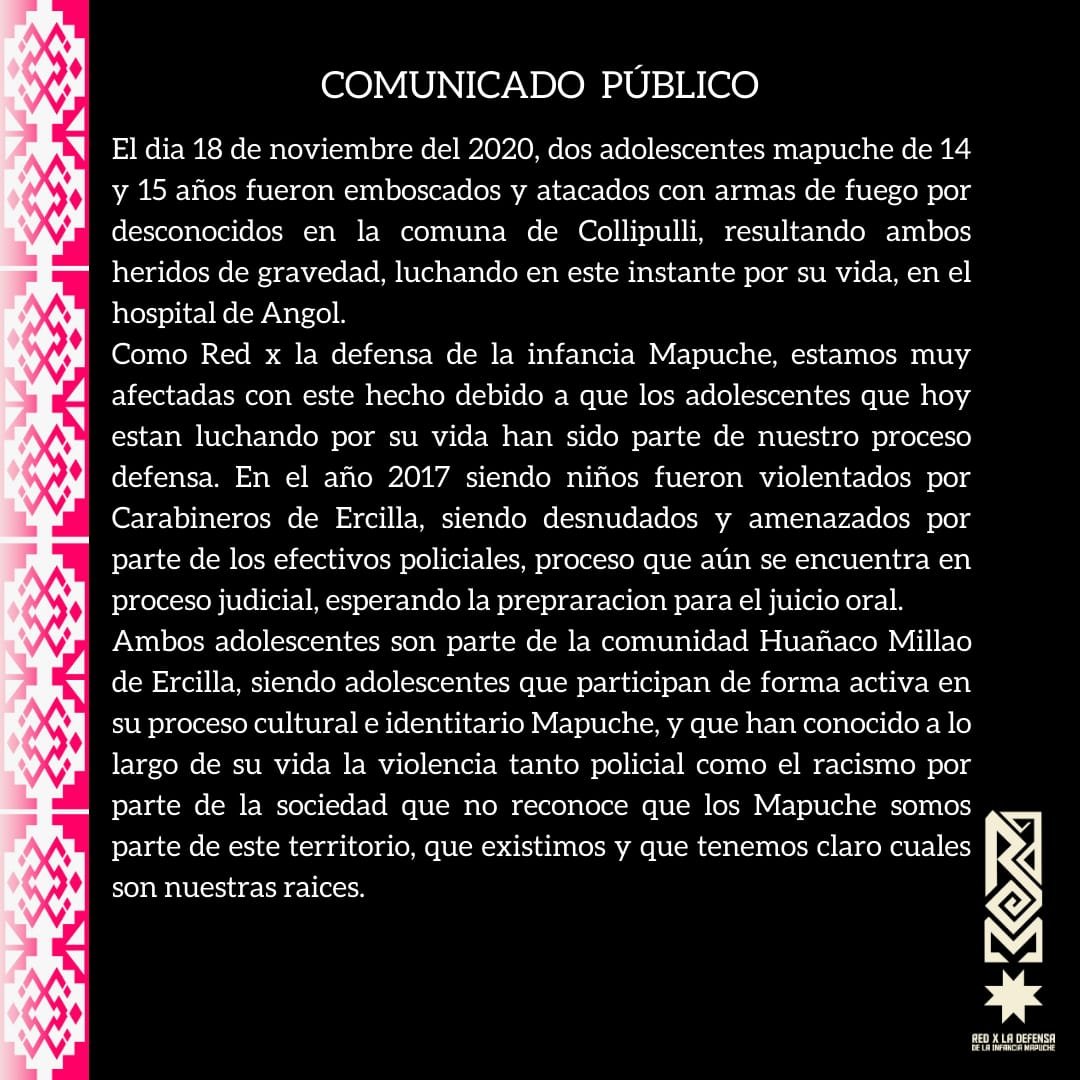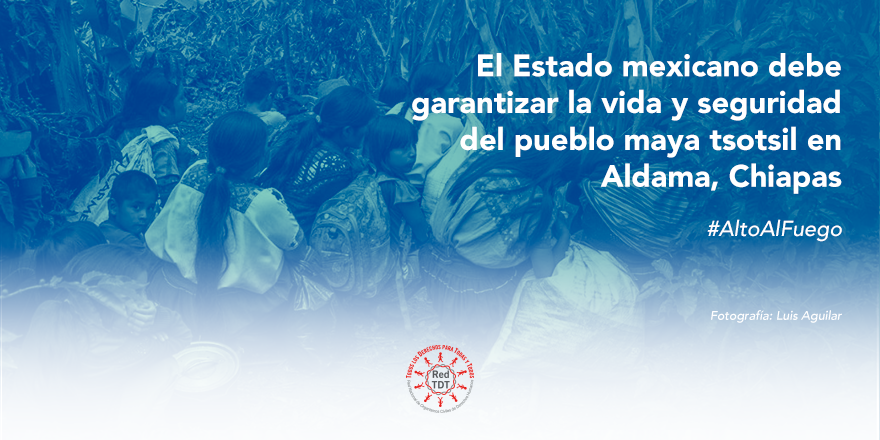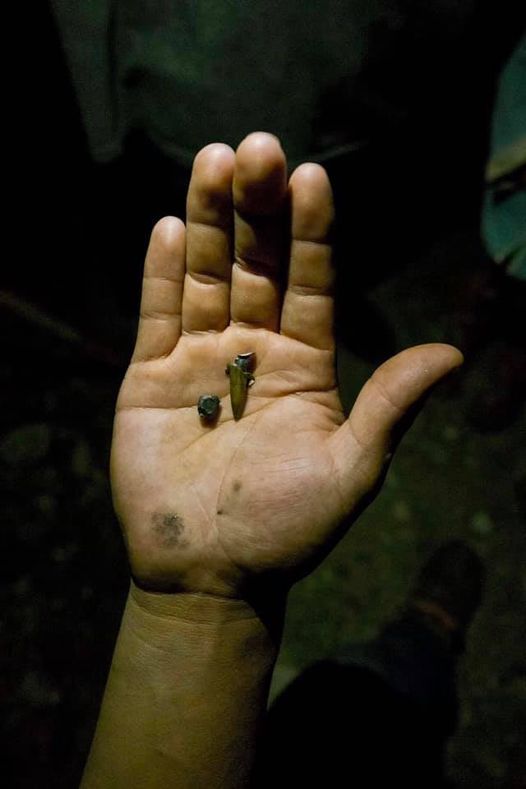
resistencia
(Español) CIDH admite el caso de la masacre de la comunidad de Viejo Velasco
El grupo paramilitar OPDIC y Policías Estatales responsables de 6 ejecuciones extrajudiciales, 2 desapariciones forzadas y 36 familias en desplazamiento forzado.
El 25 de septiembre de 2020, la Comisión Interamericana de Derechos Humanos (CIDH) aprobó el Informe de Admisibilidad No. 264/20 con relación a la Petición 1594-10 Pedro Núñez Pérez y Otros (Masacre de Viejo Velasco),1 ocurrida en el marco de una estrategia violenta de despojo territorial emprendida por el Estado mexicano contra comunidades indígenas tseltales y choles, asentadas en la Selva Lacandona, en Chiapas, México.
El 22 de noviembre de 2006, el Centro de Derechos Humanos Fray Bartolomé de Las Casas A. C. (Frayba) solicitó a la CIDH medidas cautelares para garantizar la vida e integridad de los señores Mariano Pérez Guzmán, Antonio Peñate López, Miguel Moreno Montejo y Pedro Núñez Pérez. Estas personas fueron desaparecidas de manera forzada el día 13 de noviembre de 2006, por el grupo paramilitar Organización Para la Defensa de Derechos Indígenas y Campesinos (OPDIC),2 acompañado de Policías Estatales y otros servidores públicos cuando se desalojó a las familias que vivían en la comunidad Viejo Velasco, municipio de Ocosingo. Frente a la ineficacia de la Fiscalía del estado de Chiapas para efectuar la investigación y poder dar con el paradero de las personas desaparecidas, los familiares y una Comisión Civil de Observación asumió la búsqueda. El 6 de julio del 2007 encontraron restos óseos en la ruta que va de la comunidad Paraíso hacía Viejo Velasco. Con el apoyo del Equipo Argentino de Antropología Forense se logró la identificación de los restos de Miguel Moreno Montejo y Pedro Núñez Pérez.
Además de la desaparición forzada de cuatro personas, ese día también fueron ejecutadas María Núñez González (quien se encontraba embarazada), Filemón Benítez Pérez, Antonio Mayor Benítez Pérez y Vicente Pérez Díaz. En este mismo hecho, fueron privadas de forma arbitraria de su libertad Petrona Núñez González y Diego Arcos Meneses y torturadas por parte del grupo paramilitar OPDIC. A consecuencia de la afectación psicológica que vivió, Petrona Núñez González falleció en el 2010.
Actualmente, 36 personas de la comunidad Viejo Velasco se encuentran en desplazamiento forzado sin ninguna garantía para su retorno y cuatro integrantes del Comité de Defensa de las Libertades Indígenas Xinich cuentan con órdenes de aprehensión acusados injustamente de cometer la Masacre.
El 5 de octubre de 2010, la CIDH cerró la medida cautelar y la petición de demanda al Estado mexicano dio trámite. En dicha demanda se señala su responsabilidad internacional por las ejecuciones extrajudiciales, desapariciones forzadas, desplazamiento forzado, torturas, privación arbitraria de la libertad y órdenes de aprehensión irregulares a consecuencia de la Masacre de Viejo Velasco.
(Español) Acción Urgente: Amenazas de muerte y daños en contra de Nataniel Hernández, Defensor de Derechos Humanos
Grupo invasor y violento provoca agresiones recurrentes y actos de provocación en contra de habitantes de la Colonia Arenero Nueva Esperanza en Tonalá, Chiapas
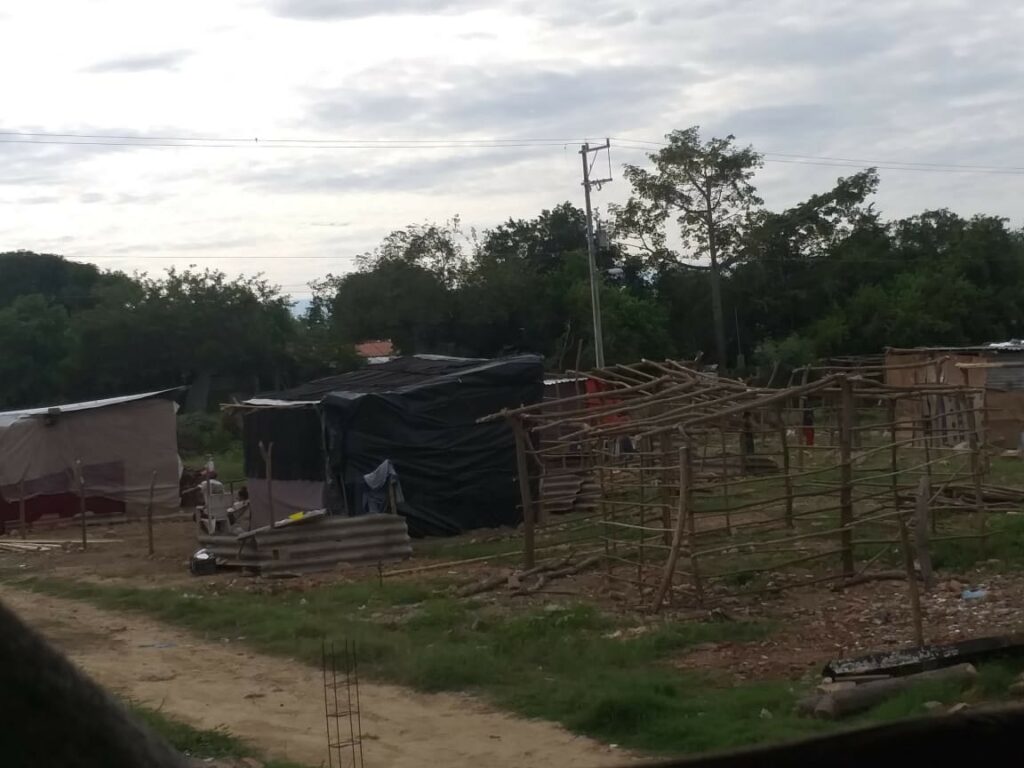
Áreas verdes invadidas.- Arenero Nueva Esperanza
El 01 de Noviembre un grupo de alrededor 30 personas liderado por Fernando Arreola y Rosalinda Quevedo Sandoval invadió la zona asignada para Áreas Verdes en la Colonia Arenero Nueva Esperanza, que desato una ola de agresiones y amenazas constantes en contra de colonos, poniendo en riesgo la vida y la integridad física de mujeres, niños, jóvenes y hombres.
El día 20 de Noviembre alrededor de las 20:00 horas, el defensor de los Derechos Humanos Nataniel Hernández había ido a documentar la situación en la colonia, y llevar a cabo una reunión informativa sobre la problemática, cuando un grupo de personas que portaban palos, arma de fuego, y arma blanca lo emboscaron sobre la calle Belisario Domínguez y Callejón 10 de mayo al interior de la Colonia Arenero Nueva Esperanza, provocando daños al vehículo en el que se transportaba con su familia, amaneándolo de muerte, bajo el argumento que tienen el poder y apoyo de las autoridades para actuar de forma violenta y evitar que los saquen de las áreas verdes invadidas en donde se pretende construir un parque recreativo, escuela, cancha deportiva y jardín.
Ante el clima de violencia y despojo provocado por este grupo se han solicitado medidas precautorias y buscar una solución de fondo al conflicto ante la Comisión Estatal de Derechos Humanos, al Mecanismo de Protección de Defensores, Delegación de Gobierno, y Ayuntamiento Municipal de Tonalá, sin embargo dichas medidas no se han implementado y esto ha originado una ola de actos de confrontación, amenazas, desprestigio, difamaciones, calumnias, y agresiones físicas.





